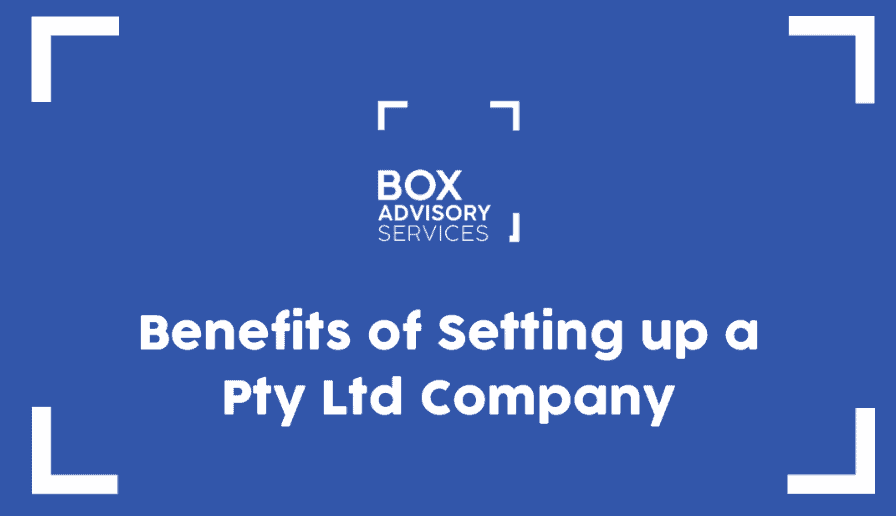
BY
|
What are Self-Managed Super Funds? 3 Pros & Cons To Know
Self-Managed Super Funds (SMSF) are an increasingly popular option that many Australians appear to be shifting towards. Fundamentally, SMSFs are a way for Australians to have full control over their investment options. However, there remain main legal, financial and regulatory red tape that you must consider evaluating to assess whether an SMSF is a worthwhile matter to pursue.
What are Self-Managed Super Funds?
A self-managed superannuation fund is mostly self-explanatory – it’s a private superannuation fund, regulated by the Australian Taxation Office (ATO), that you manage yourself. However, several essential conditions must be met for it to be recognised as an SMSF:
- Up to a maximum of four (4) members
- All members of the fund must be trustees
- No members can be the employee of any other member
- Trustees nor members cannot be financially compensated or rewarded for their services as a trustee
You might also be interested in our article on How to Pay Super as an Employer.
Advantages
- Flexibility & Transparency
Self-managed super funds generally offer the greatest benefit in their flexibility and transparency. By having absolute ownership in your investment strategy, one can choose their investments from a broad range of asset classes. - Reduce Tax Liability
Like regular super funds, there are tax concessions that can be taken advantage of during the accumulation phase. Generally, the tax rate on superannuation fund earnings is 15%. - Reduced Costs for Larger Fund Balances
By combining superannuation assets with up to three other members, consolidation of these accounts will create significantly larger fund balances, ultimately leading to increase access to more significant investment opportunities with only one set of fees.
Disadvantages
- Cost
Conversely, lower balances in self-managed super funds will mean that the costs with maintaining an SMSF may be more expensive than retail super funds. The general recommendation by ASIC is that you would require more than $200,000 in your fund balance for the costs to be worthwhile. Additionally, trustees must ensure that ongoing administration and legal fees are spent to ensure that the fund is fully compliant. This may include engaging in the services of solicitors, accountants and wealth advisors. - Compliance & Liability
Besides the setup and ongoing costs of running your own super fund, it is essential to note that trustees are liable for all decisions and responsibilities associated with managing the fund. This means that you may be at risk should your fund not be appropriately managed according to the regulations enforced by the ATO. - Experience
This may or may not be a disadvantage depending on the individual. Being a trustee, you are entirely responsible for your investment decisions. For an experienced investor, this may prove to be advantageous as you have full control over your investment options. It’s important to consider that retail super funds employ full-time investors who are experts in making these critical decisions. Therefore, would you find yourself more capable in ensuring a higher rate of return?
Should you setup a self-managed super fund?
If you are seriously considering setting up your own self-managed super fund, it is vital to seek professional advice. Despite the perception that these funds are a ‘do-it-yourself’ fund, this isn’t always the case. Financial advisers or an accountant can assist you on an ongoing basis with advice on the financial management of your fund. However, they must be licensed to provide this advice. The Australian Securities & Investments Commission (ASIC) website has financial advisers register that you can check to search to see if your financial adviser or accountant holds the appropriate licence.
Considerations must be made in assessing whether the financial return will outweigh the costs associated with running your own fund. Generally speaking, more significant fund balances will see a lower cost of maintaining an SMSF when assessing costs as a percentage of your aggregated balance.
Finally, you must ask yourself whether or not you have enough knowledge to run your own SMSF. Are you aware of your legal responsibilities? Do you have a deep understanding of different investment markets and its pitfalls? Can you build a diversified portfolio to minimise your risk?
If you are still unsure, Box Advisory Service and their trusted financial advisers can assist in providing a comprehensive assessment on the suitability of an SMSF. To find out, book an appointment now!
Disclaimer:
Please note that every effort has been made to ensure that the information provided in this guide is accurate. You should note, however, that the information is intended as a guide only, providing an overview of general information available to contractors and small businesses. This guide is not intended to be an exhaustive source of information and should not be seen to constitute legal or tax advice. You should, where necessary, seek your own advice for any legal or tax issues raised in your business affairs.



